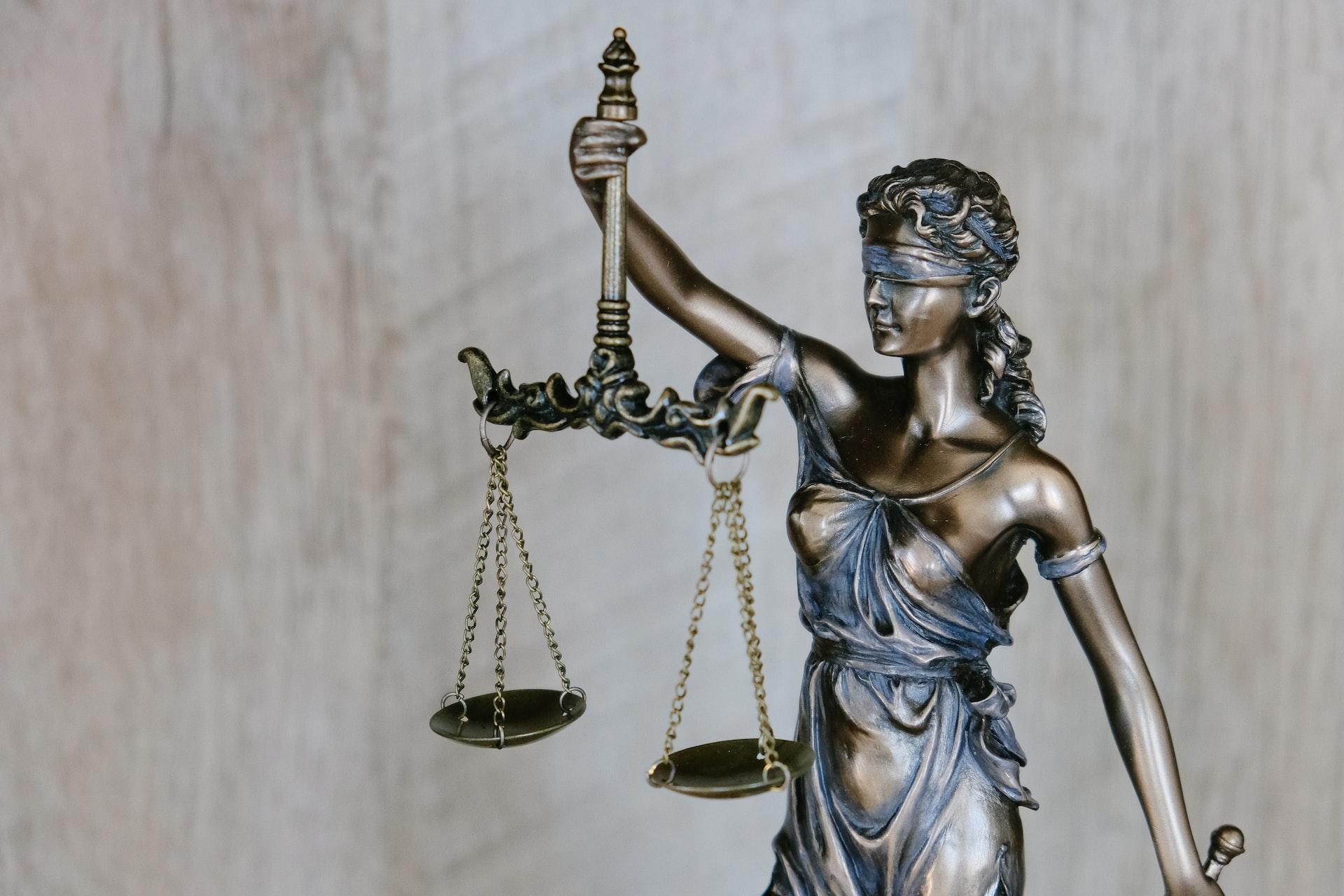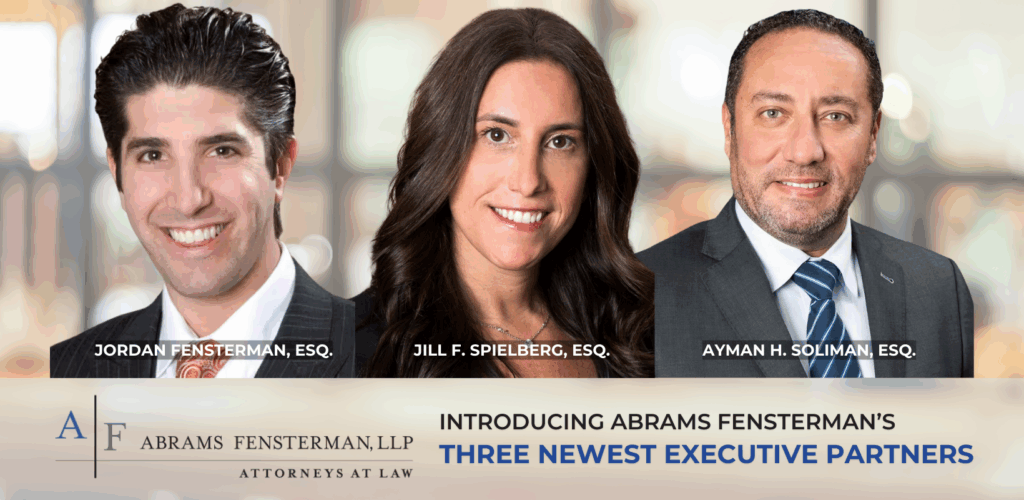The New York State Department of Health, Office of Professional Medical Conduct (“OPMC”), is the state agency charged with prosecuting physicians for professional misconduct.’ OPMC’s jurisdiction is separate and distinct from law enforcement prosecutorial agencies. Its mandate is to investigate allegations of misconduct and, where appropriate, impose sanctions on the physician’s license to practice medicine. However, criminal prosecutions can and do intersect with, and directly affect, a physician’s license.
Many physicians, and indeed many lawyers, harbor a common misconception: that unless the criminal act directly involves the practice of medicine; a criminal conviction will have little or no impact upon a physician’s license. Nothing could be further from the truth. A criminal conviction, especially a felony conviction, even though totally unrelated to the practice of medicine, will impact the physician’s license, and may result in a revocation of that license. Therefore, criminal defense attorneys must, from the very outset of their retention by a physician or other health care professional, begin to consider the licensing consequences of the criminal case. The focus of this article will be to explore the collateral licensing consequences of criminal prosecutions of physicians.
Definitions of Professional Medical Misconduct
The definitions of professional medical misconduct under New York state law is contained in New York Education Law Section 6530 (1) – (47). 2Among those provisions are Section 6530 (9) (a), which reads as follows:
“Being convicted of committing an act constituting a crime under:
- New York state law or,
- Federal law or,
- The law of another jurisdiction and which, if committed within this state, would have constituted a crime under New York state law…”
In addition to being charged with professional medical misconduct under Section 6534 (9) (a), a licensed physician convicted of a crime as defined in Section 6530 (9) (a) may also be charged with one or more other specifications of professional medical misconduct found in Section 6530, including: ‘practicing the professional fraudulently,’ conduct in the practice of medicine which evidences moral unfitness to practice medicine,’ being a habitual abuser’ of alcohol, or being dependent on or a habitual user of narcotics, or, in the case of psychiatrists accused of criminal sexual misconduct, ‘physical contact of a sexual nature with a patient.’
Conviction of a “Crime” vs Conviction of a “Violation”
A reading of Section 6530 (9) (a) discloses that it is only the conviction of a “crime,” as that term is defined under New York state law, federal law, or the law of another jurisdiction, that constitutes professional medical misconduct in and of itself. The conviction of an “offense” or “violation,” such as Disorderly Conduct (New York Penal Law Section 240.20) or Harassment in the second degree (New York Penal Law Section 240.26) is not a conviction of a crime, and may not be the subject of a professional medical misconduct prosecution under Section 6530 (9) { a). However, if the facts fit, OPMC may still prosecute the physician for the underlying conduct itself, under one of the 46 other definitions of professional medical misconduct contained in Section 6530. Still, the disposition of the criminal case by an adjournment in contemplation of dismissal, or a plea to a violation, rather than a misdemeanor, is of significant substantive and procedural value to the physician.
Felony Convictions vs Misdemeanor Convictions
Another common misconception among attorneys has to do with the professional licensing consequences of a felony conviction as opposed to a misdemeanor conviction. Many attorneys believe that a felony conviction will result in automatic license revocation for the physician. This may be because, in New York State, an attorney who is convicted of a felony automatically loses his license to practice law the moment the conviction becomes a matter of record. The subsequent disbarment proceeding is simply a formality to confirm the automatic disbarment of the attorney. This is not the case with respect to physicians. A felony conviction does not automatically result in the revocation of the physician’s license, and it is possible that a physician convicted of a felony may have a lesser penalty imposed upon his license. One of my recent cases demonstrates this point: Dr. A was convicted in federal court, upon a plea of guilty, of filing false and fraudulent claims in the amount of $1,400,000.00 under 18 USC Section 287, a class D Felony. Dr. A was sentenced to 18 months in prison and ordered to pay $1,400,000.00 in restitution. Dr. A had voluntarily cooperated with the prosecutors very early in the investigation and paid the full restitution amount shortly after sentencing. Dr. A’s criminal defense attorney retained me to represent the doctor in the professional medical misconduct investigation/prosecution. After intense negotiations with OPMC, a consent agreement was entered into whereupon Dr. A’s license to practice medicine was suspended for 3 years, after which time the doctor is entitled resume the practice of medicine. Dr. A also paid an additional civil fine of $20,000.00.
Factors such as whether the criminal conduct implicated the practice of medicine, whether the conduct compromised patient care or endangered the patient, whether the conduct was isolated or was recurrent, and whether the physician was cooperative with the criminal prosecution, will all come into play in considering a resolution of a professional medical misconduct prosecution based upon a felony conviction.
Summary Suspension for Felony Conviction
Where a determination is made by members of the State Board for Professional Medical Conduct that a physician is causing, engaging in or maintaining a condition or activity which constitutes an imminent danger to the health of the people, New York Public Health Law (“P.H.L.”) Section 230 (12) provides that a summary suspension order may be issued immediately, directing the physician to cease and desist such activity (including the practice of medicine in whole or in part) pending a formal hearing on the charges, which hearing must be held and completed within 90 days of the date of service of the summary suspension order.’
Pursuant to P.H.L. Section 230 (12) (b), where a physician has been convicted of a felony under New York state law or federal law, or a crime under the law under another jurisdiction which if committed within New York state would have constituted a felony under New York state law, the Commissioner of Health may issue a summary suspension order directing the physician to cease the practice of medicine pending conclusion of the hearing. The hearing must commence within 90 days of the date of service of the summary suspension order, and end within 90 days thereafter. Thus, one serious consequence of a felony conviction is exposure to an immediate suspension of the physician’s license to practice medicine pending his hearing. This is, because the physician, having been found guilty of a felony, no longer maintains the presumption of innocence, as he has already committed serious professional medical misconduct simply based upon the conviction itself.
Again, it is important to point out that the felony conviction need not have been related to the practice of medicine. The statute providing for summary suspension orders does not discriminate among the types of felony convictions or the underlying basis for the felony conviction.
Even a Misdemeanor Conviction Can Result in the Revocation of a Physician’s License
It is also a common misconception that a misdemeanor conviction will “never” result in the revocation of a physician’s license. In truth, there are misdemeanor convictions that will result in the revocation of a physician’s license, especially if the criminal conduct implicated the practice of medicine, compromised patient care, and involved sexual conduct with a patient, or constituted other conduct which the State Board for Medicine deems to be of such a serious nature that revocation is the only appropriate penalty. Every case is fact specific and is decided on its own merits. It is only through years of experience practicing before this agency that an attorney can acquire a sense of what resolution is possible for the physician under the circumstances. Another recent case will demonstrate the potential for revocation based upon a misdemeanor conviction: Dr. B was convicted in New York State Supreme Court, upon a plea of guilty, to attempted criminal sexual act in the third degree (Penal Law Section 110/130.40), a class A misdemeanor, for having had sexual contact with a patient in his office during the course of an examination. As a result of this conviction, Dr. B was sentenced to 6 years of probation and was required to register as a Level 1 sexual offender for 10 years. OPMC refused to negotiate any resolution short of a full surrender of the physician’s license, forcing Dr. B to go to hearing. Based solely upon the misdemeanor conviction, the Hearing Committee revoked the physician’s license to practice medicine, which revocation was affirmed on appeal.
As the cases demonstrate, one should not assume that a felony conviction will automatically result in the revocation of the physician’s license, or that a misdemeanor conviction will “never” result in the revocation of a physician’s license. What is certain is that any criminal conviction places the physician’s license in jeopardy.
The Plea Allocution
The plea allocution is an important event in the inevitable licensing investigation following a criminal conviction based upon a guilty plea. It would be best to avoid making any specific comment or commitment to the sentencing court about the physician’s intentions with respect to his license. Such commentary as “Dr. Smith will certainly lose his medical license” or “Dr. Smith intends to give up his medical license” may be made in an effort to mitigate the criminal sentence, but may not be in the physician’s best interest in the subsequent licensing investigation. I would suggest merely stating that, as a result of the conviction, the physician will have to go before the state licensing Board and his license, and livelihood, will most likely be impacted. The sentencing court will get the message, yet the physician will not have boxed himself into a corner before the Board.
The OPMC Hearing
Normally, in professional medical misconduct proceedings, there is a full hearing on the merits, whereby OPMC must prove, by a preponderance of the credible evidence, the factual allegations asserted for each specification of professional medical misconduct set forth in the statement of charges. If the Hearing Committee determines that one or more specifications of professional medical misconduct has been proven, the Hearing Committee will then determine what penalty, if any, to impose upon the physician’s license to practice medicine. Thus, in most medical misconduct prosecutions, the physician has the opportunity to contest the underlying factual allegations with regard to the alleged professional medical misconduct, by presenting his own witnesses and evidence, and by cross-examining the witnesses and challenging the evidence proffered by OPMC.
However, where OPMC is proceeding against the physician based solely upon the physician’s conviction of a crime, a special, expedited proceeding is authorized by the statute.’ The proceeding, called a “referral proceeding,” is based upon the notion that the physician, having been convicted of a crime, is automatically deemed to have committed professional medical misconduct pursuant to Section 6530 (9) (a). Because the burden of proof in a professional medical misconduct proceeding is by a preponderance of the credible evidence, once the physician has been found guilty of a crime beyond a reasonable doubt, the physician will be collaterally estopped from contesting the specification of misconduct. At the hearing, the physician may only make argument and present evidence addressing the issue of penalty. This is incontrovertible for crimes under New York State law or federal law, as expressly provided in Section 6530 (9) (a) (1) and (ii). With respect to the conviction of a crime in another jurisdiction under Section 6530 (9) (a) (iii), the conviction may form the basis of an expedited referral proceeding only if the crime for which the physician was convicted in the other jurisdiction would, if committed within New York state, have constituted a crime under New York state law. Depending upon the nature of the criminal conviction in the other jurisdiction, there may be a viable argument that the crime for which the physician was convicted would not have constituted a crime under New York state law, and therefore does not implicate Section 6530 (9) (a) or the expedited referral proceeding under P.H.L. Section 230 (12) (b).
Conclusion
Counsel should always consider the licensing implications of any criminal case involving a physician or other health care licensee. Any criminal conviction, even a misdemeanor, places a physicians’ license in jeopardy. However, for many criminal convictions, even felonies, there may be an opportunity to avoid revocation of the physician’s license.
Notes:
- New York Public Health Law Section 230 et. seq.
- New York Education Law Section 6530 et. seq.
- New York Education Law Section 6530 (2).
- New York Education Law Section 6530 (20).
- New York Education Law Section 6530 (8).
- New York Education Law Section 6530 (44).
- New York Public Health Law Section 230 (12).
- New York Public Health Law Section 230 {10} (p).





